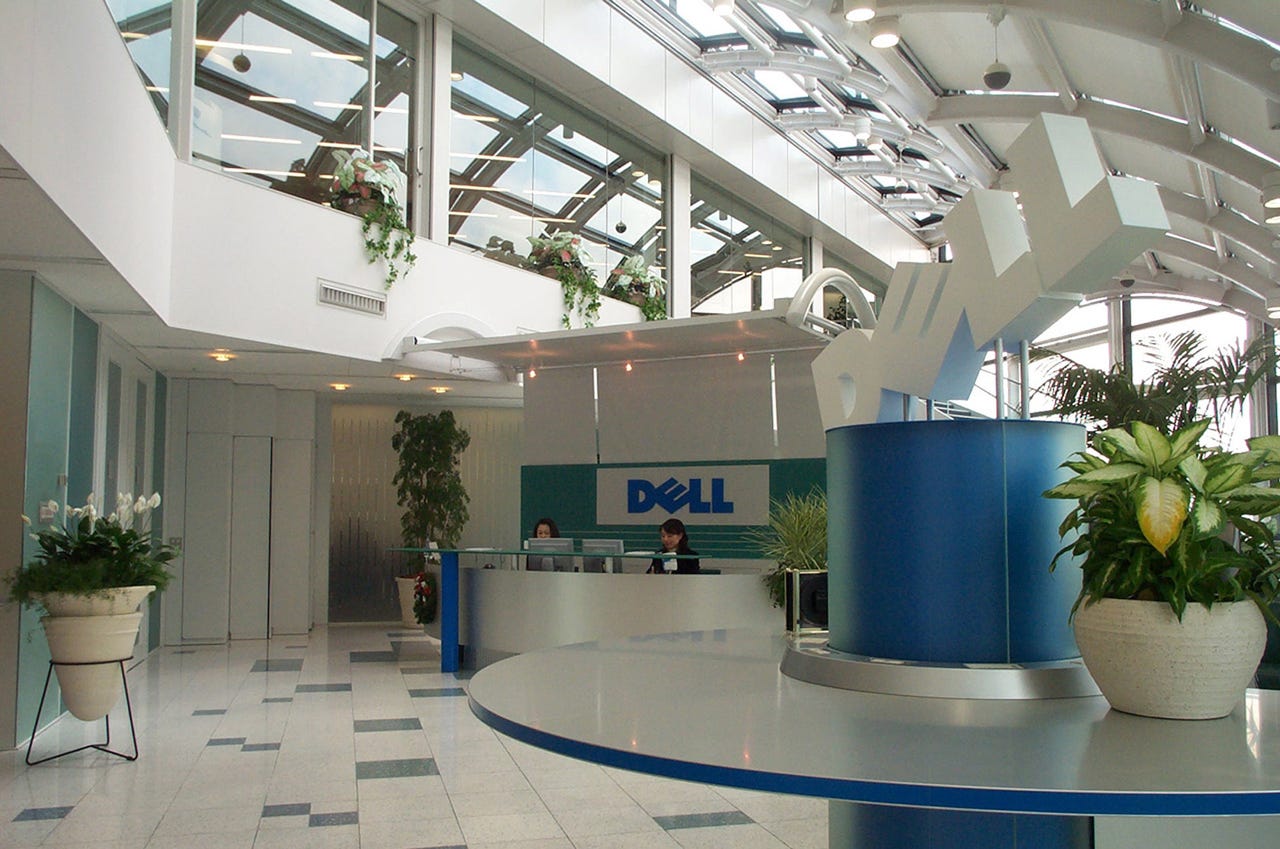Icahn blasts buyout deal, tells Michael Dell to stop whining


Activist investor Carl Icahn is a vocal opposer of Michael Dell's plans to take PC maker private, and he isn't afraid to let everyone know it.
The six-month conflict between Icahn and the company's founder seems to be far from finished. In February, Michael Dell and partner Silver Lake originally offered investors $13.65 per share -- valuing the company at $24.4 billion -- in order to go private.
The company founder and CEO said that the change was necessary in order to blind Wall Street to the firm's financial status, and allow the company to pursue a different direction quickly and without answering to shareholders. Michael Dell argues that the PC climate is changing "faster than anticipated" due to mobile and cloud computing, and in order for Dell to survive, the once-dominant PC maker must focus on Enterprise Solutions and Services (ESS) products rather than personal computing.
However, a number of investing parties took umbrage to the buyout terms, claiming that Dell was being sold "on the cheap." As a result, Icahn countered with a share buy-back proposal which valued shares at $14 each, or allow investing parties to gain $12 special dividends and the option to hold Dell stock in the future.
Dell warned shareholders that Icahn's proposal "misrepresents the risks and costs involved," and the company's CEO attempted to raise last-minute support for the plan by visiting the largest Dell investors in person, and instructing the firm's special committee to pitch the smaller shareholders.
As investors remained unconvinced and the threat of failure loomed, the original offer was increased by 10 cents per share to $13.75, which is now Michael Dell's "best and final offer." To give investors time to mull over the new offer, a vote on the buyout was also delayed, and will now take place on August 2.
It still may not be sufficient, and the last-minute changes have raised the ire of Icahn, who has issued an open letter to Dell stakeholders -- responding to a recent interview in which the company founder further pressed his claim that the buyout deal was the way forward.
In a recent interview with the Wall Street Journal, Michael Dell said that whether or not his plan to buy out the company succeeded, he intends to remain chief executive. In addition, changes to the voting rules means that the buyout will go ahead of the majority of votes are in approval, instead of counting all shares -- which would count withheld votes as a "no."
Dell argues that under the old system, "it only takes about 23 percent of the outstanding shares to block the transaction. This is an unfair result that does not accurately reflect what the shareholders want." Although considering Southeastern's opposition as a "compliment," the company founder also says that Icahn was not a shareholder when the deal was announced, and has used the situation to "buy into the company and organize a blocking position with a minority of the company's shares."
This is the reason why Michael Dell has requested the change in voting standards, and the increased bid is meant to sweeten the pot and push for the voting change to be accepted. In other words, to make the founder's bid to take the PC maker private happen.
In response to the interview, Carl Icahn sent an open letter to shareholders, which can be found in full on CNBC. Icahn argues that "instead of accepting defeat with dignity," based on a lack of support from previous shareholder meetings, the CEO simply complains that the Merger agreement is "unfair" -- even though Michael Dell and Silver Lake agreed to the terms in the beginning.
"Is it Michael Dell's alter ego who keeps whining about the unfairness of an agreement that he himself asked the Dell Board to accept?," the letter says. "I might be able to understand the actions of Michael Dell, who does not wish to lose a golden opportunity, but I cannot understand the actions of the Dell Board. The Dell Board approved a merger at what I believe to be a very undervalued price but they at least made it clear that an affirmative vote of a majority of the outstanding unaffiliated shares would be required."
"The shareholders have spoken," Icahn commented. Calling the proposed changes a "travesty," the disgruntled investor claims that Michael Dell may be saying the shareholder has "no right to meddle with [the] 'super Dell' deal" as he was not a stockholder when the process began. In addition, the board's current behavior has caused him "outrage."
"While I am enraged, the major reason I am involved is that I believe the Michael Dell/Silver Lake transaction undervalues the company," Icahn writes. "I have spent many hours discussing Dell with experts, and there are many reasons to believe Michael Dell/Silver Lake's proposal materially undervalues the company."
In conclusion, Icahn believes that the company's main liability is the CEO, and the company will be worth "far more" if the founder's old regime is rooted out -- and this step is "necessary" to turn the firm around. In a final bid to sway stockholders, Icahn says:
"I believe you will be happier and richer if you join me in voting against the Michael Dell/Silver Lake deal. I can't help but note that Michael Dell has fared much better selling over 62 million shares in the $32 to $40 range over different periods in the past 10 years. Unfortunately for stockholders, he seems to be a much better market-timer than a CEO.
It is time for Michael Dell and the Dell Board to go."